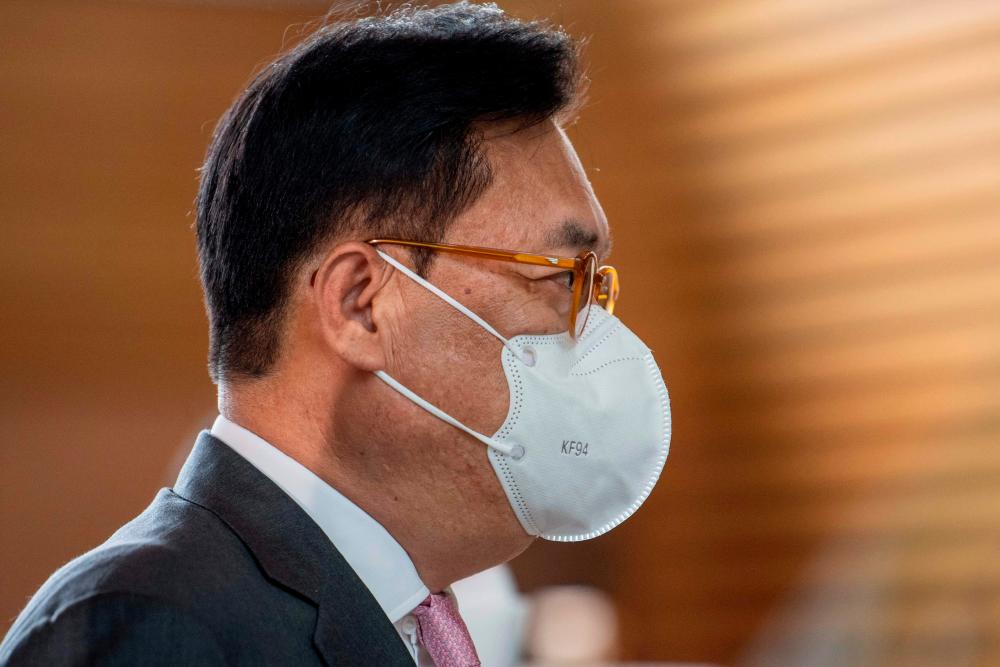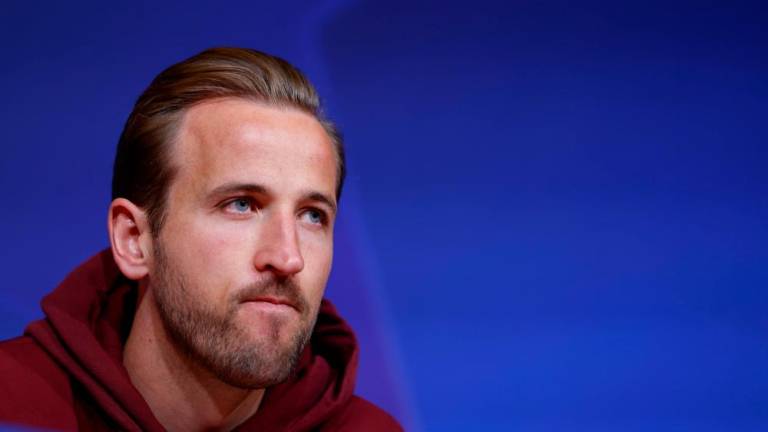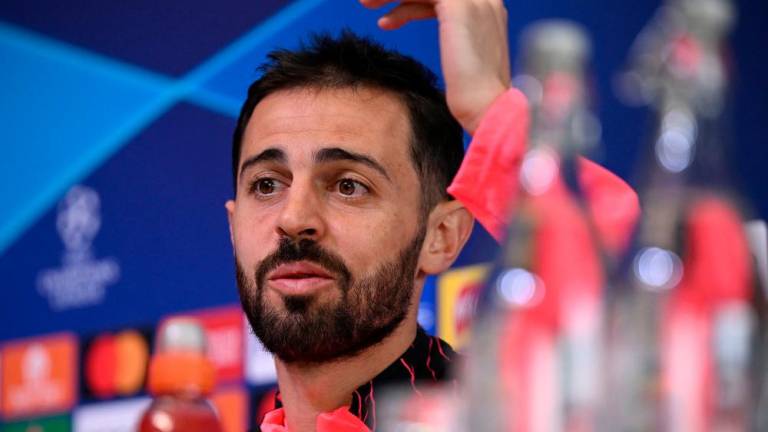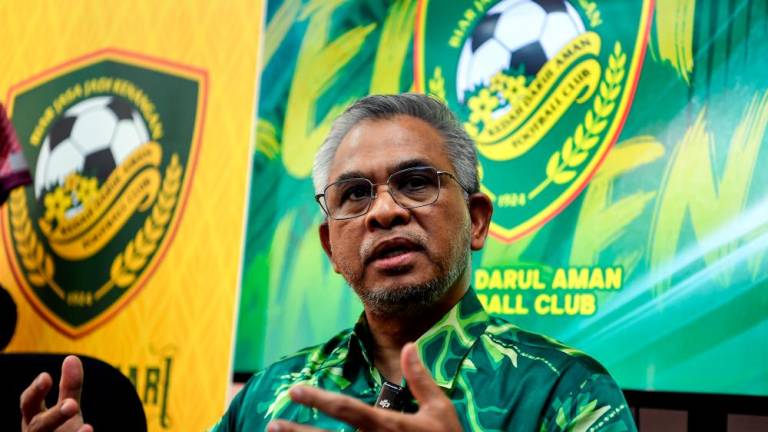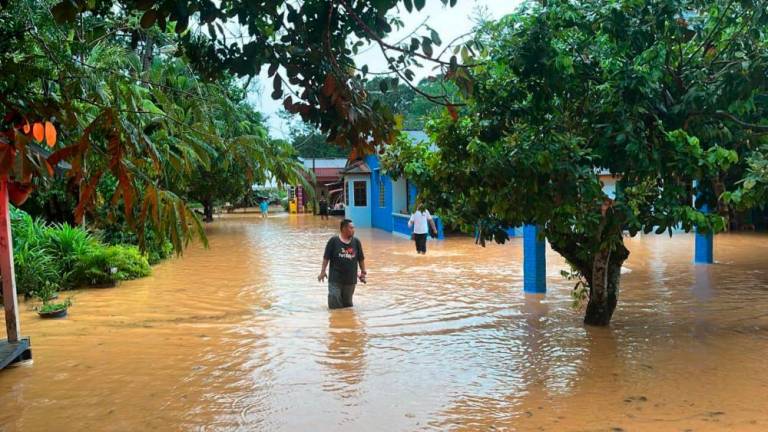TOKYO: Japan’s Prime Minister Fumio Kishida told a South Korean delegation Tuesday that the countries “can’t afford to waste time” in improving relations, following years of tensions over wartime issues.
The meeting in Tokyo represents a cautious step towards mending ties ahead of expected visits to the two US allies by President Joe Biden, and with growing regional security threats from North Korea and China.
“Given the current international situation, where the rules-based international order is under threat, now is a time when strategic cooperation... is needed more than ever,“ Kishida told the delegation, according to a foreign ministry statement.
“We can’t afford to waste time in improving the Japan-South Korea relationship,“ he added.
Japanese media reports said the seven-member delegation of lawmakers, academics and ex-diplomats handed Kishida a letter from conservative president-elect Yoon Suk-yeol, whose inauguration is on May 10.
Japan and South Korea are democratic market economies and US allies, but their relationship has been strained at times over disputes related to Tokyo’s 1910-45 colonial rule of the Korean peninsula.
Ties have been particularly frosty under outgoing South Korean president Moon Jae-in, noted Daniel Sneider, a lecturer in East Asian Studies at Stanford University.
Moon “is going to leave office without ever having made an official visit to Japan, and without ever having hosted a Japanese prime minister”, he told AFP.
“That’s remarkable, as a sign of truly one of the worst downturn periods in Korea-Japan relations.”
But cooperation between the two nations and the United States is back into focus after Yoon won the last month’s presidential election promising a more hawkish policy on nuclear-armed North Korea.
Members of the South Korean delegation led by conservative lawmaker Chung Jin-suk also met Monday with Japan’s foreign minister and other top officials.
The incoming Korean administration “clearly wants to improve relations with Japan” and this represents a “moment of opportunity”, Sneider said.
But they are also “playing it very carefully -- they’re not trying to put a whole lot on the table upfront, particularly regarding the history issues,“ which will be delicate to unpick, he said.
“The burden is as much on Japan, maybe even more on Japan in some ways, to also show it’s serious on improving relations,“ he said.
Kishida will have to show he is “able and willing to break free of the influence and power of the conservative nationalists” in his ruling party.
There has been speculation that Kishida could now attend Yoon’s inauguration, something Japanese prime ministers used to do, Sneider said. - AFP



